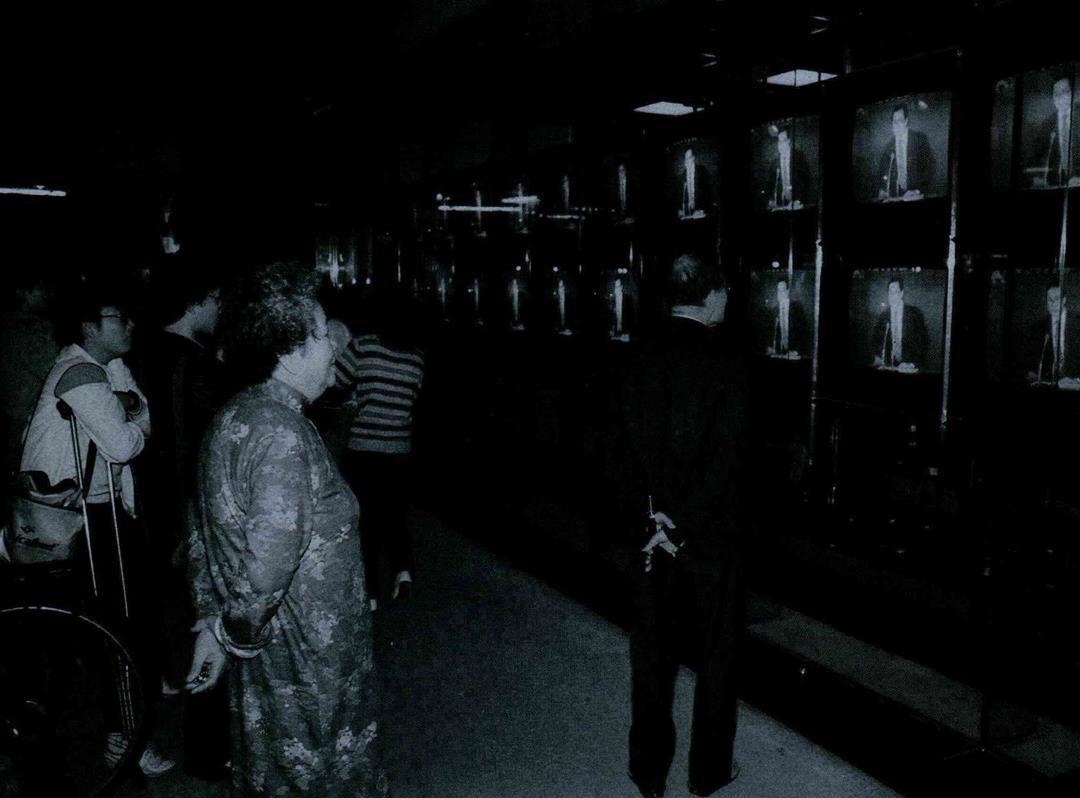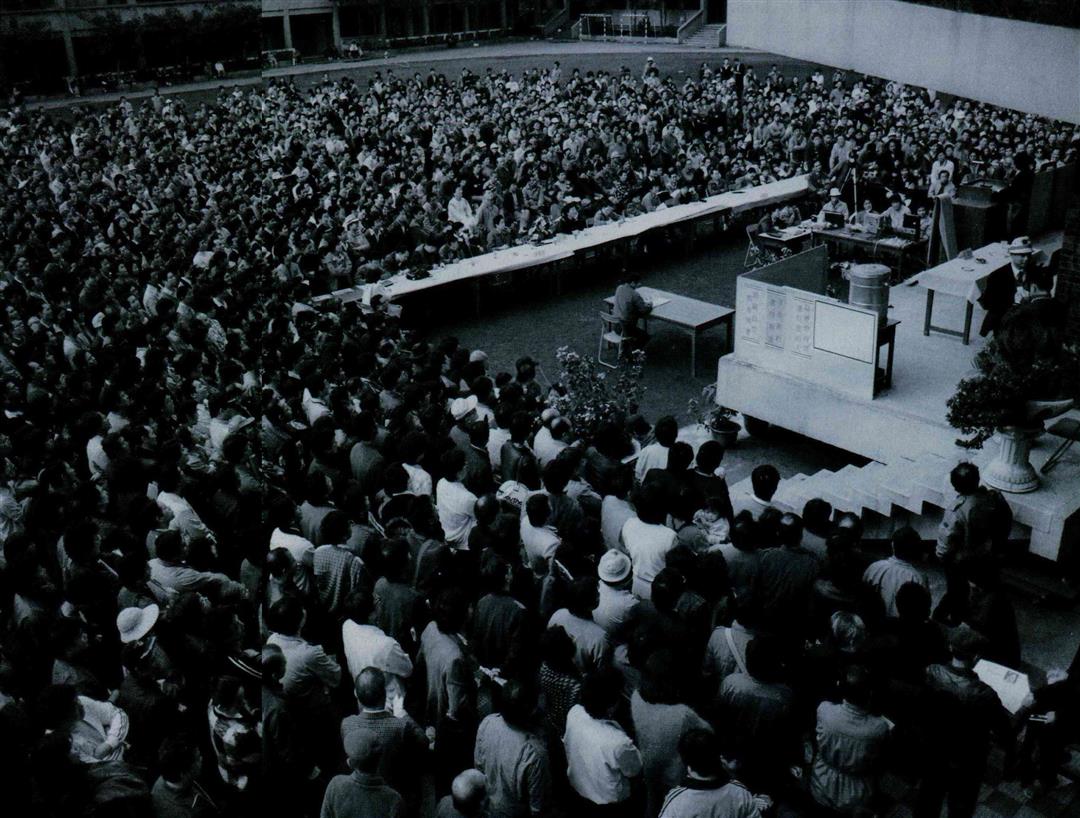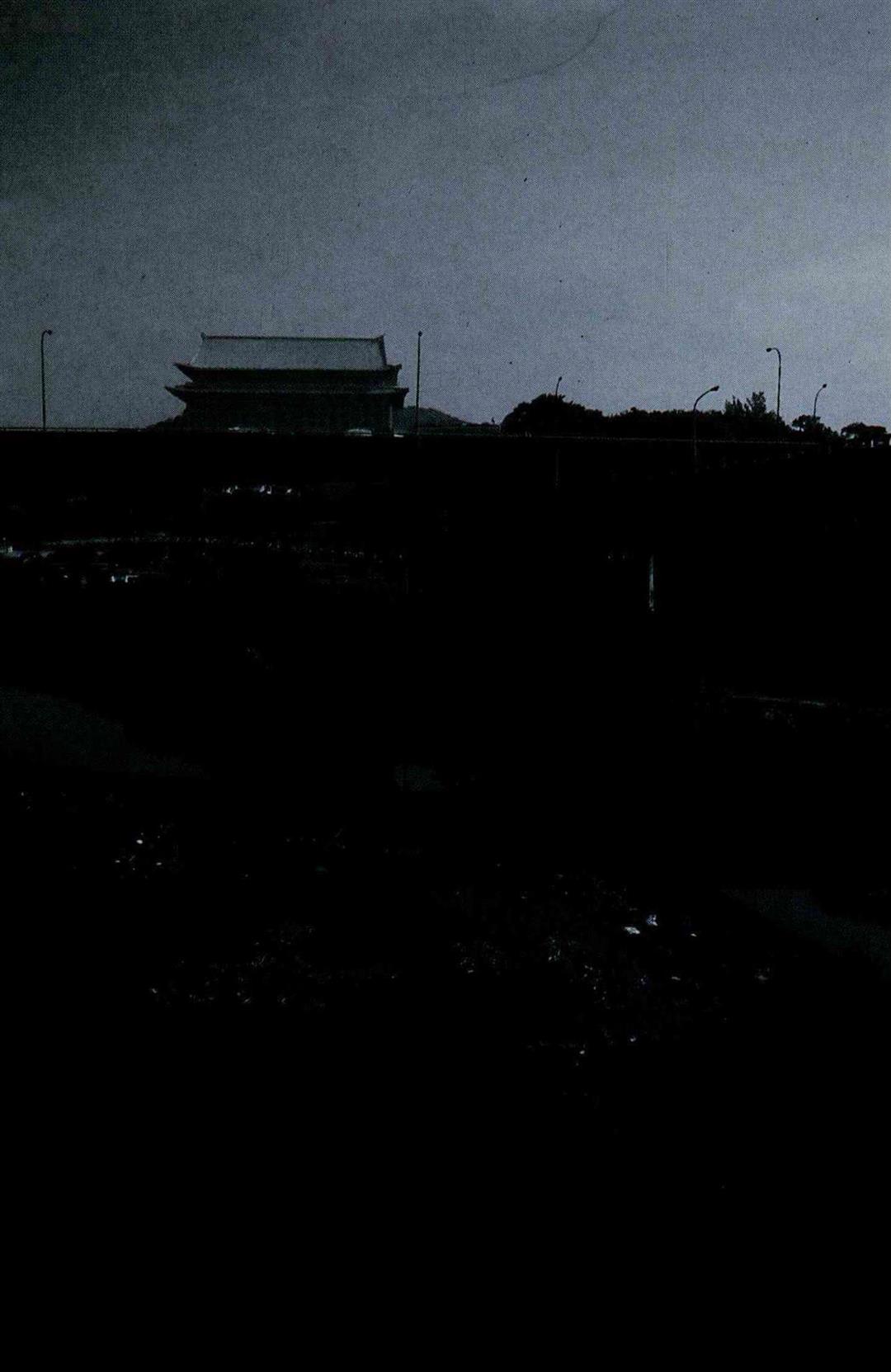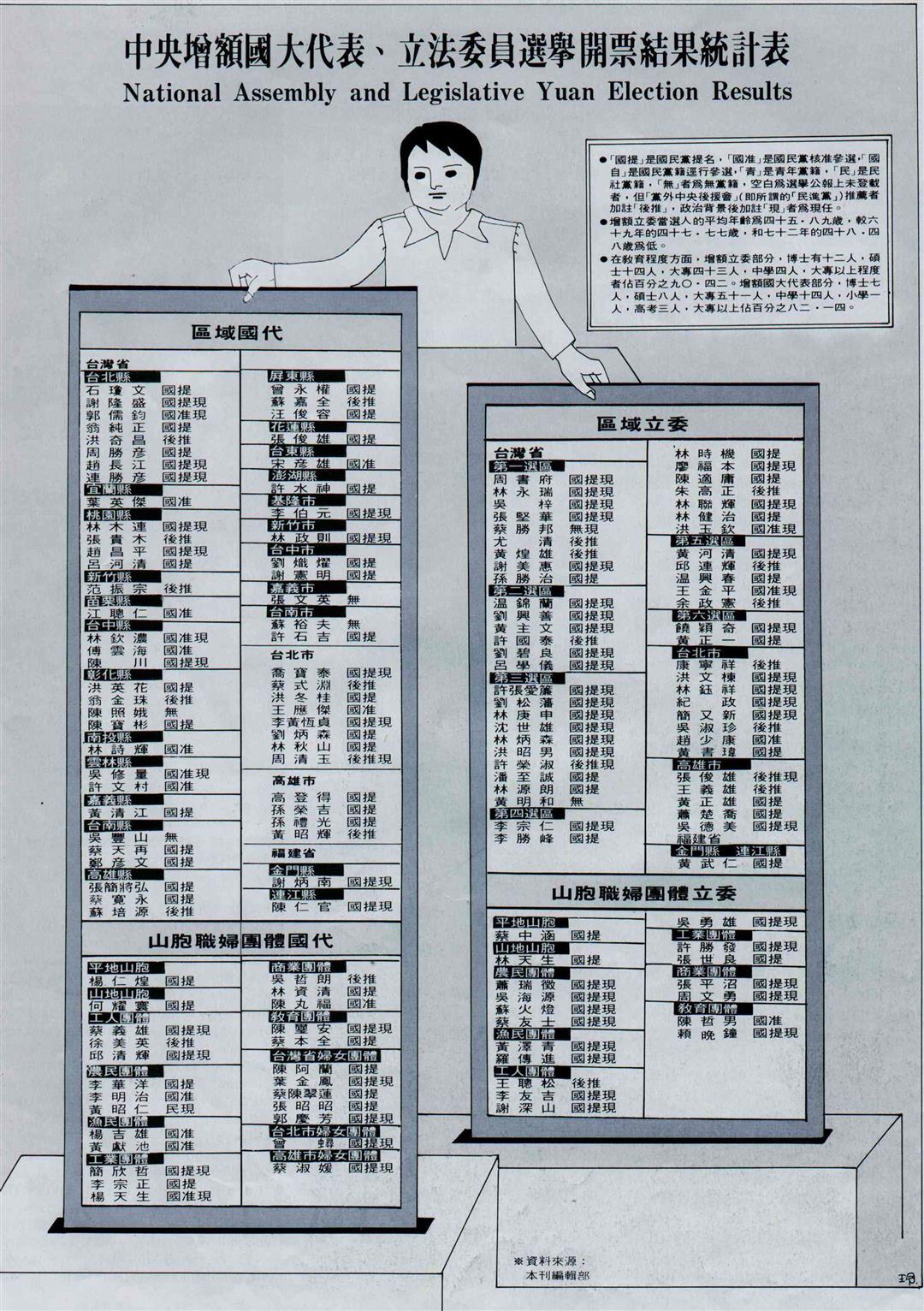On December 7th last year, the prestigious New York Times carried a long front-page story on the ROC's national elections held the day before, complete with pictures of President and Mrs. Chiang casting their ballots and voters lined up at the polls. Election results were reported on the front page of the Washington Post as well, and were broadcast round-the-clock on 24-hour news stations.
Except for our economy, we've never received so much coverage in the U.S. media!
The reason this election received so much international attention is that it was the first one after the ruling party announced its intention to lift martial law, and the first one since opposition forces declared the formation of the "Democratic Progress Party."
Naturally, interest at home was even greater. Crowds gathered at polling stations to watch each vote counted, and the three domestic television networks broadcast the results until five o'clock the next morning.
In the National Assembly races, the ruling Kuomintang won 68 seats and 68 percent of the vote. The oppositionists took 32 percent of the vote. Four seats went to independents and eleven to the "Democratic Progress Party."
In the contests for the Legislative Yuan, the KMT captured 59 seats and 70 percent of the vote. Oppositionists received 30 percent of the vote, with two seats going to independents and 12 to the "DPP."
While the KMT continued to receive overwhelming popular support, the additional seats received by the opposition represented a significant growth in their strength. A journalist in the Independence Evening Post explained the thinking of many opposition voters this way: "Many of those who voted for the 'DPP' do not necessarily agree with its views or oppose the KMT but hope to cultivate a second party to balance the one in power. But if the opposition vote were to exceed 40 percent, many would go back to the KMT."
In fact, the political positions of the candidates from each side were quite similar in this election. According to an analysis by the Central Election Commission, the top ten issues in the election in order were--social welfare, constitutional democracy, the environment, tax reform, human rights, agriculture and fishing, labor rights and welfare, basic construction, women's rights, and opening up the political process.
Where the views of the two sides differed most was in the area of political reform. KMT candidates largely held that reform should be carried out within the system, while the "DPP" called for "the future of Taiwan to be decided by all of its people," a demand which, if it means that day-to-day public policy should be decided by the people of Taiwan, is not unreasonable, but which some of the "DPP" candidates "extrapolated" to mean "self-determination." As one put it, "We're not encouraging independence, but we don't reject it either. If that's what the people want, we'll give it to them."
This kind of talk has, understandably, caused considerable concern. Taiwan is a part of the Republic of China, and the nation is a single entity that can't be divided. All countries in the world feel the same. West Germany, for example, stipulates by law that political parties "may not advocate violence or separatism."
Besides the question of principle, from a realistic point of view, would "Taiwan self-independence" be practicable? Many doubt it.
The United States, not to speak of the rest of the international community, continues to maintain that "there is only one China" and that "Taiwan is a part of China." In addition the Communists across the Taiwan Straits have always held that Taiwan is a part of China, and that if there is ever "internal disorder" there, they will "put it down."
As President Chiang Ching-kuo has pointed out: "Today's Taiwan, the Republic of China's base for recovery, is prosperous and advanced and lives in harmony with the nations of the world. There is thus no 'Taiwan problem.' If there's a problem, it's a 'China problem'-- a problem of how to reunify China."
In such a hotly contested election, there was unfortunately some disappointing behavior, such as the incident as Chiang Kai-shek international Airport when dissident Hsu Hsin-liang attempted to enter the country without a visa, but on the whole, election observers, both foreign and Chinese, were pleased with the process. Voter participation was 65 percent, up from 63 percent two years ago, reflecting the public's increasing political fervor. "For a country that's been practicing democracy for less than forty years, our record's pretty good," said Professor Chu Chien-chang of National Chengchi University.
The period between 1949, when the government moved to Taiwan, and 1969 was politically one of rest and cultivation. Local self-government was practiced beginning in 1950, and local elections were held regularly. With this political stability, Taiwan achieved its noted "economic miracle," which, together with the universalization of education, led to a greater social and political consciousness among the public.
The next stage in the nation's political development began in 1969, when the first supplementary elections were held for national representatives. Another step was taken in 1980, when non-KMT candidates began to campaign on a coordinated basis. And then came the premature formation of the "Democratic Progress Party" last year, even before the ban on new parties has been lifted.
Thirty years may sound like a long time, but when talking about the evolution of a full democracy, it's really not. The United States did not fully ensure that the franchise was extended to all its citizens until 1965, with the Equal Voting Rights Act, nearly 190 years after its founding, and Great Britain did not eliminate all the inequities and privileges in its system until 1948.
It's clear that the road to full democracy is a long one; we may have started late, but our pace is not slow. "The Third World countries that got started around the same time as we did have had their coups and revolutions. That Taiwan has been able to develop as stably as it has is precious indeed," a professor of comparative government has stated.
What's the best direction for the future? "Our biggest challenge at present is the 'normalization' of elections," Professor Chu said. "And that means solving the problem of the national representatives."
The ROC's special situation has made it impossible to hold elections for representatives from provinces on the mainland. How to maintain the Assembly's representativeness and at the same time bring in new blood is one of the six major topics being studied by a twelve-man task force in the KMT Central Committee.
The problem has reached the point where it must be solved soon; the representatives from the mainland are now in their seventies and eighties. "The next elections are in 1989," the elder statesman Tao Pai-ch'uan has said. "We've got to start working on revising the laws now."
Before the next elections are here, the hope of every Chinese is that the ruling party will continue to work toward meeting the raised expectations of the public, and that the opposition forces will offer constructive positions and compete for votes peacefully.
The Republic of China has produced an "economic miracle." Can it produce a "political" one? Perhaps now marks another key stage.
[Picture Caption]
During the hotly contested elections, candidates pulled out all the stops. Shown here is the "TV wall" one candidate used to get his message across. (photo by Hsich Kuo-Cheng)
Voters came in throngs to hear the candidates' views. (photo by Hsich Kuo-Cheng)
Environmental protection was one of the election's hot issues. (photo by Arthur Jeng)
Concerned voters served as the best "balloting scrutineers" when the votes were counted. (courtesy of United Daily News)
National Assembly and Legislative Yuan Election Results [Picture]

During the hotly contested elections, candidates pulled out all the stops. Shown here is the "TV wall" one candidate used to get his message across. (photo by Hsich Kuo-Cheng)

Voters came in throngs to hear the candidates' views. (photo by Hsich Kuo-Cheng)

Environmental protection was one of the election's hot issues. (photo by Arthur Jeng)

National Assembly and Legislative Yuan Election Results [Picture].